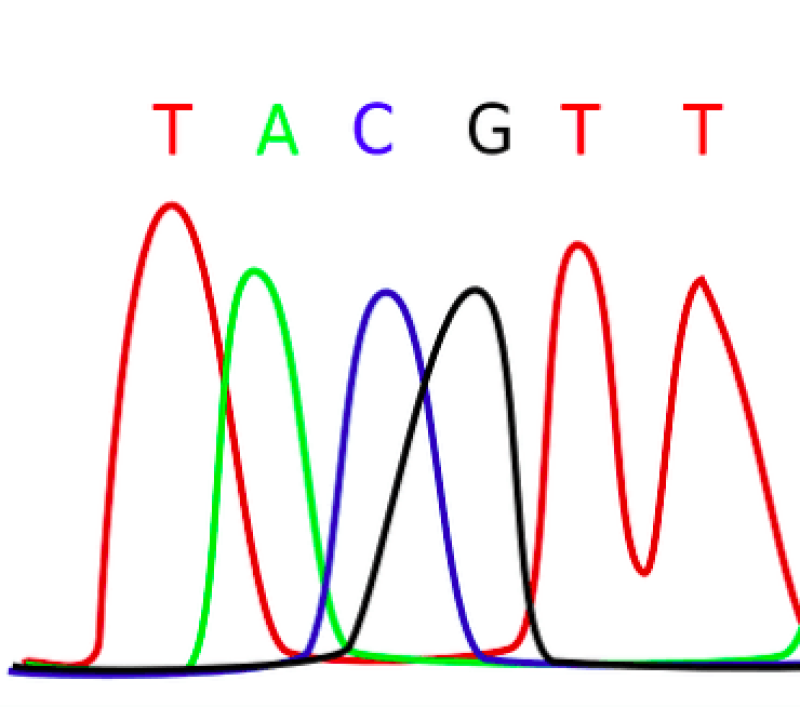Researchers at the Earlham Institute (EI), The Sainsbury Laboratory (TSL) and the James Hutton Institute, have found a new way to decipher these large stretches of DNA to discover and annotate pathogen resistance in plants.
. . . .
Dr Matt Clark, … lead author of the study, said: “Wild relatives of crops contain a huge repertoire of novel genes that could be used to breed more resistant varieties that need less pesticide treatments. When it comes to identifying key genes it can be very difficult for researchers to find the exact resistance gene due to the sheer similarity of their DNA sequences.
. . . .
Professor Jonathan Jones, Senior Scientist at TSL and co-author, said: “This improvement to the RenSeq method will greatly facilitate building reliable inventories of R genes in multiple plant species, helping us clone additional genes that could protect our crops.”
The GLP aggregated and excerpted this blog/article to reflect the diversity of news, opinion and analysis. Read full, original post: Forming a second line of plant defence – capturing disease-resistant DNA































